Rupee, other forex manipulations face global regulatory probe
As possible manipulation in worldwide forex markets face a global regulatory probe, trades conducted in Indian rupee along with a host of currencies by such manipulators have come under the scanner.
Those suspected to be involved in possible manipulations include some forex traders, as also certain Swiss banks and other European financial institutions, while it is unlikely as yet that any Indian bank or financial services firm might be directly involved, sources said.
The issues being probed include possible cartelisation among banks, mostly from Switzerland and some other European countries, in manipulating the foreign exchange rates, as also other manipulative practices adopted by the forex traders.
In most likelihood, the possible manipulation in rupee trades might have taken place outside India, although the role of certain executives at Indian branches of suspected European banks might not be completely ruled out, they added.
Globally, the foreign exchange market is of huge size with daily average turnover of $ 5.3 trillion, as per the Bank of International Settlement (BIS).
While rupee trades account for just about 1 per cent of the global market with a daily average turnover of just about $ 53 billion, nearly half of these trades take place outside India and in jurisdictions outside the direct regulatory supervision of regulators like the RBI and the Sebi.
Amid a sharp plunge in rupee value till a few weeks ago, concerns were being raised about large NDF (Non Deliverable Forward) forex market trades in rupee outside India.
According to BIS, the average daily foreign exchange market turnover in India stands at about $ 31 billion in 2013, which accounts for 0.5 per cent of the global turnover.
However, the daily turnover of rupee trades stands at about $ 53 billion (accounting for a one per cent global market share), which includes $ 50 billion worth trades in the rupee-US dollar transactions.
A huge volume of rupee trades outside India was already a problem area and the latest global regulatory probe into the possible forex market manipulations have now added to the concerns of the Indian regulators, a senior official said, while adding that they would extend all possible support to the global regulatory authorities.
Those looking into the matter mainly include Swiss Financial Market Supervisory Authority FINMA, UK's Financial Conduct Authority (FCA), as also other regulators in Europe and the US, while they are also approaching Indian regulators like Sebi and RBI for the worldwide probe.
Besides the financial sector regulators, competition watchdogs in Switzerland and some other countries are also looking into the matter to probe any possible cartelisation among the banks to manipulate the foreign exchange markets.
Switzerland's FINMA, which was the first to announce this probe, is tight-lipped on details of the investigations or the banks potentially involved. It, however, said it is coordinating closely with authorities in other countries as multiple banks around the world are potentially implicated.
Asked about FINMA's consultations with Indian authorities on this matter or signs of Indian forex market manipulation, a FINMA spokesperson said: "Unfortunately I cannot give any further details...".
The UK accounts for the largest share of 40.9 per cent in the global forex markets, followed by the US at 18.9 per cent, Singapore at 5.7 per cent, Japan at 5.6 per cent, Hong Kong at 4.1 per cent and Switzerland at 3.2 per cent.
While India's share is only 0.5 per cent, the rupee figures among the 20 most traded foreign currencies globally.
While a widening current account deficit (CAD) and fears of capital outflows have been cited as majors reasons for the Indian rupee's recent depreciation, it is believed that speculation in the non-deliverable currency forwards (NDF) market has also pushed down the currency.
Indian market regulator, the Securities and Exchange Board of India (SEBI) is already looking into possible manipulations in currency derivatives, which are forward value contracts for pairs of two currencies including rupee and dollar.
It was suspected that brokers and traders were indulging in unathorised trading of foreign exchange in the spot forex market. These issued were red-flagged to the Reserve Bank of India (RBI). While it is the RBI that mainly regulates the forex market, currency derivatives come under Sebi's jurisdictions and they are traded on the stock exchanges.
From a recent high of 53.80 in April-end, rupee slipped down to a life-time low of 68.85 in August-end compounding problems for an economy that last fiscal grew at its slowest pace in a decade and whose 80 per cent oil needs are imported.
The NDF is a foreign exchange derivative instrument traded over-the-counter, and is operated in currencies that are not freely convertible such as the rupee. The market enables hedging of exchange rate risks, irrespective of any restrictions arising in the currency of origin.
The government officials and regulators in India are also said to have conducted meetings with treasury heads of leading foreign banks, apparently as part of efforts to check the NDF market, where the rupee was being shorted aggressively.
Flush with cash, foreign entities have been suspected of exerting pressure on the rupee in the overseas NDF market. The struggling rupee during a phase hit life-time lows almost on a daily basis.
This downward spiral necessitated a series of actions by the banking regulator RBI, markets watchdog Sebi and the Finance Ministry to support the battered rupee. Helped by these steps, the rupee has gained some lost ground to trade at around 61-62 levels a present.


 9Likes
9Likes LinkBack URL
LinkBack URL About LinkBacks
About LinkBacks












 Reply With Quote
Reply With Quote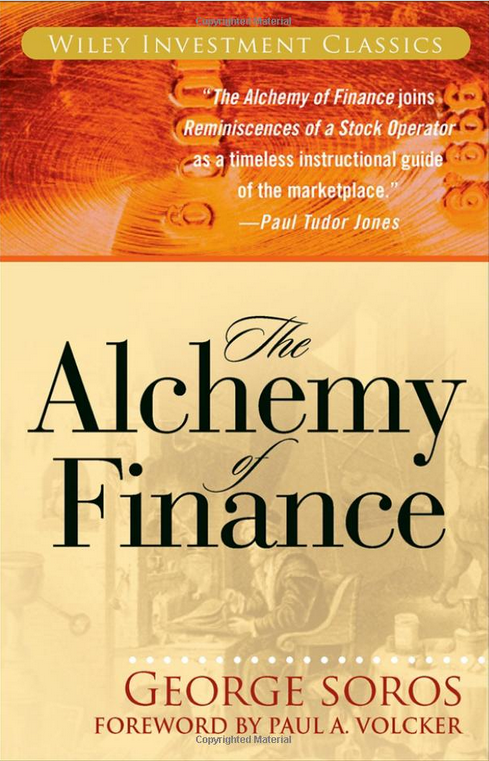
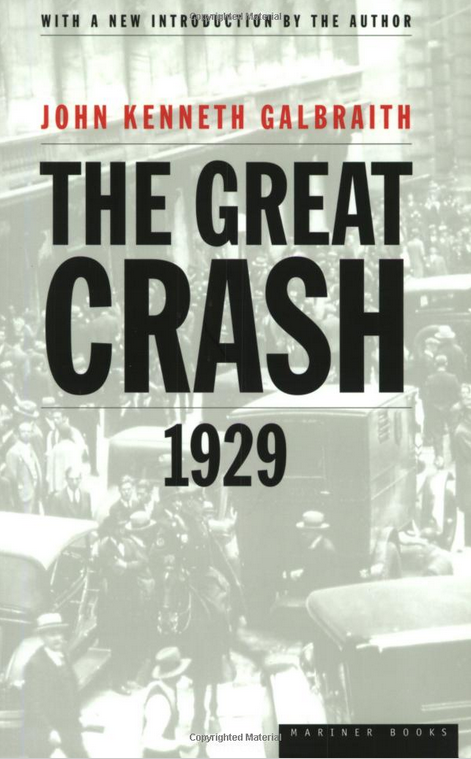
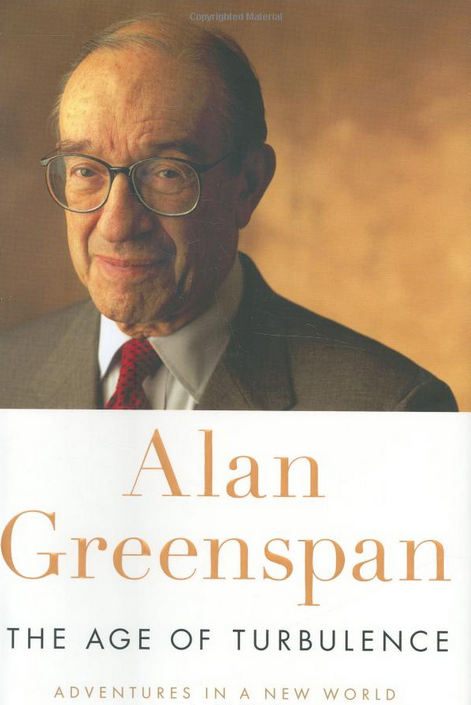
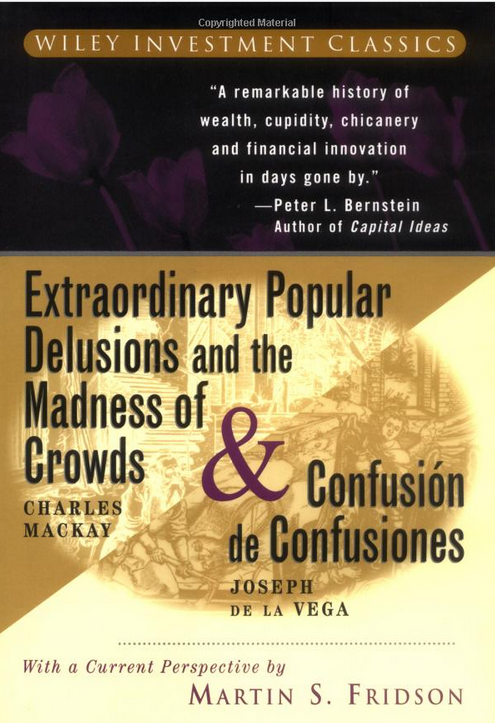

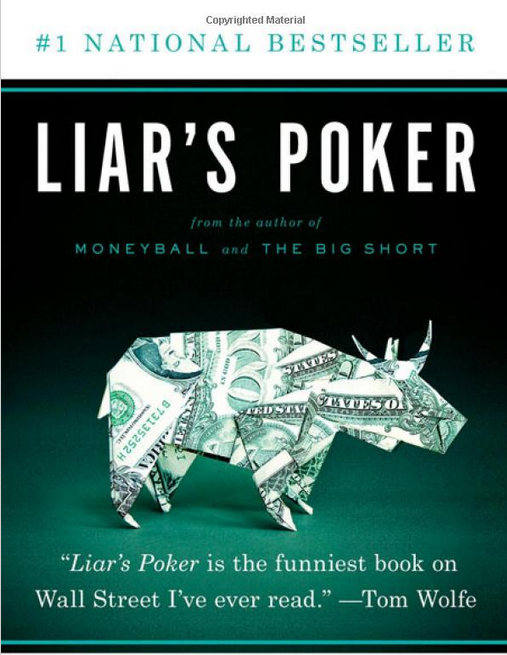
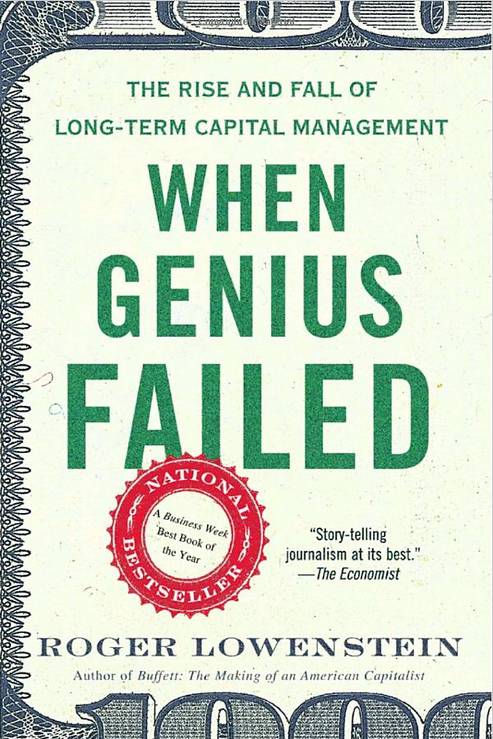
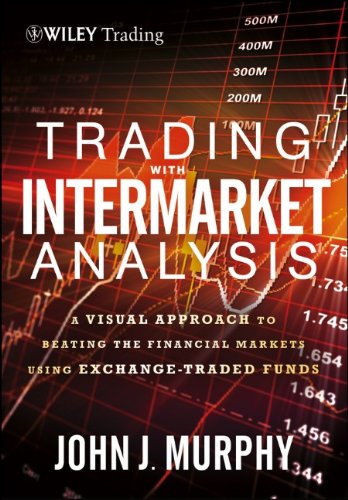


Bookmarks